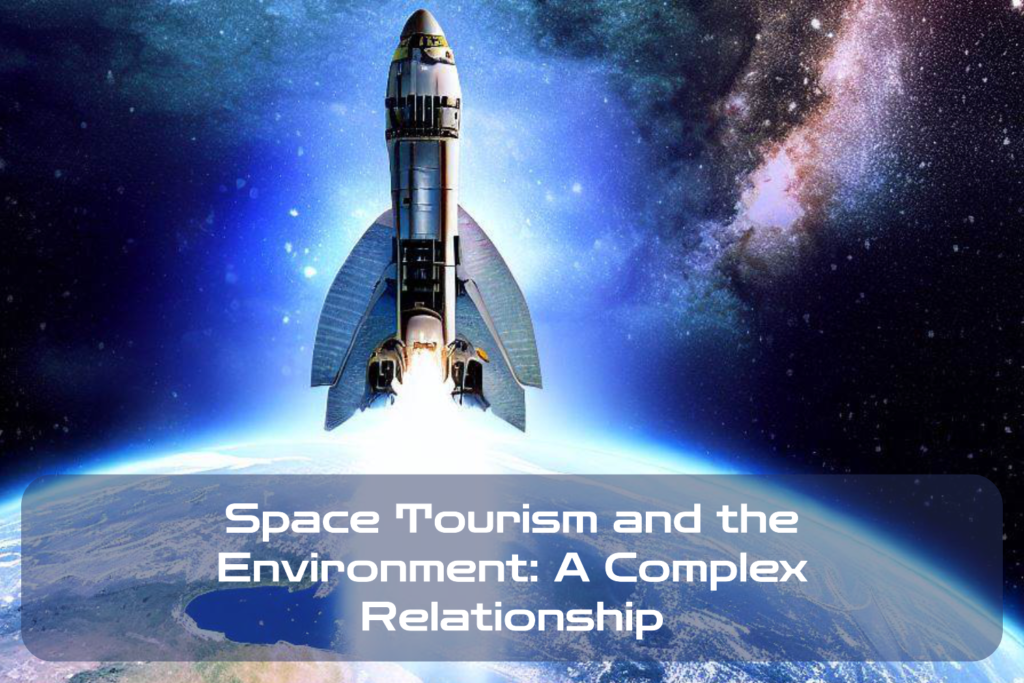Space travel has captured our imaginations for decades, with visions of exploring new worlds and galaxies beyond our own. However, until recently, space travel has only been accessible to highly trained astronauts and scientists. With the rise of private companies like Virgin Galactic and SpaceX, space tourism is becoming a reality for many people.
Space tourism offers an opportunity for ordinary individuals to experience the thrill of space travel while providing a lucrative business venture for companies seeking to make a profit. However, as with any new industry, there are implications that need to be carefully considered.
The concept of space tourism is relatively simple: paying customers fly onboard spacecraft to experience weightlessness in orbit or suborbital flights, allowing them to see Earth from above.
The first commercial passenger flight was undertaken by Virgin Galactic on December 13th, 2018, with more than 600 people signing up for future flights.
While it’s exciting that more people are getting the chance to experience space travel and all its wonder, it’s essential not to overlook the environment as we explore this new frontier. As every industry has an impact on the environment in some way, so does space tourism.
From rocket launches polluting our atmosphere to debris left in orbit that can collide with other spacecraft or fall back down onto Earth, causing damage – there are real environmental concerns we need to consider before we boldly go where no man has gone before.
In short: while it’s great that more people can experience traveling into outer space via commercial means, we need not forget about the potential environmental impacts associated with this burgeoning industry.
Benefits of Space Tourism for the Environment
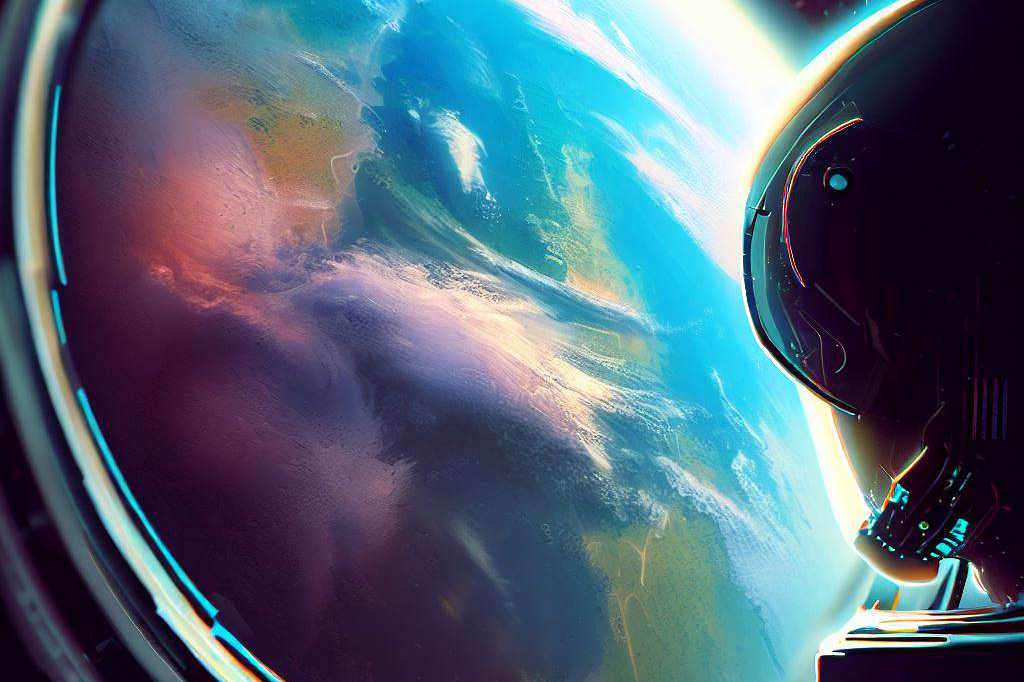
Developing Sustainable Energy and Waste Management Technologies
A potential benefit of space tourism is the development of new technologies for sustainable energy and waste management in space. In order to support human life in outer space, we need to find ways to produce food, water, and energy without relying on Earth’s resources. This could lead to breakthroughs in renewable energy sources like solar or wind power that could be applied back here on Earth.
Additionally, waste management is a critical issue for long-term missions in space, as there are limited resources available beyond Earth’s atmosphere. Developing technologies that enable us to reuse or recycle waste products could have significant benefits for sustainability both in space and on Earth.
Increased Awareness and Appreciation for Earth’s Fragility
Another benefit of space tourism is increased awareness and appreciation for Earth’s fragility. Viewing our planet from above offers a unique perspective that highlights its beauty but also its vulnerability.
Astronauts who have seen our planet from orbit often speak about feeling a sense of awe at its beauty but also a deep responsibility to protect it from harm. Through increased exposure to images and experiences related to outer space travel, we may be able to foster a greater sense of environmental stewardship among the general public.
Potential Drawbacks of Space Tourism for the Environment
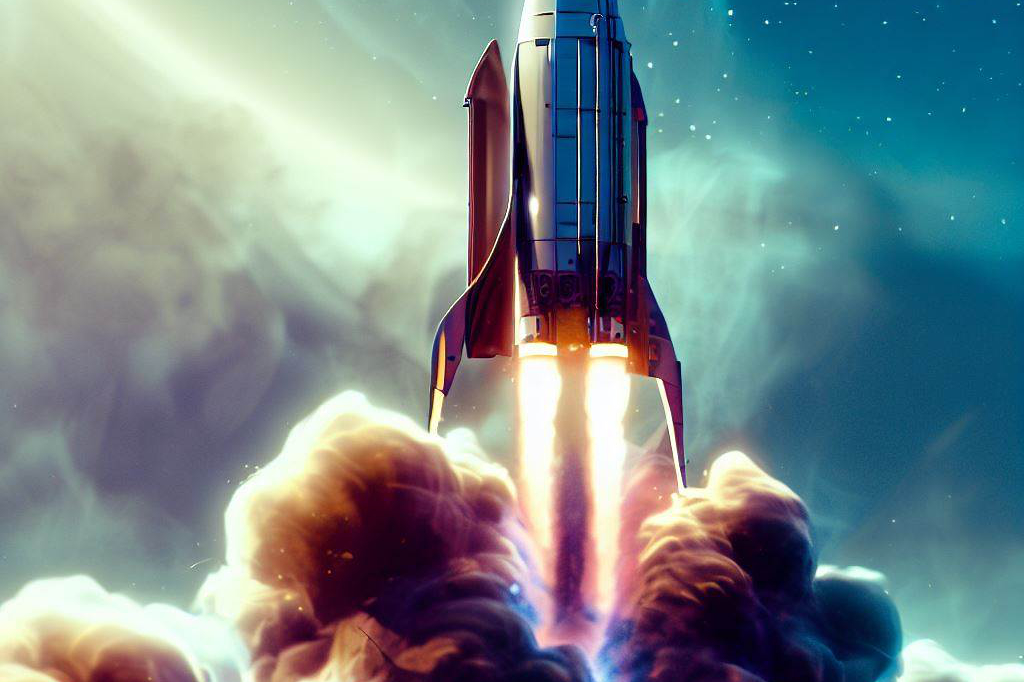
Potential Damage to the Ozone Layer from Rocket Launches
One potential drawback of space tourism is the damage that rocket launches could cause to our planet’s protective ozone layer. The chemicals released during rocket launches, such as chlorine and bromine, can contribute to the depletion of the ozone layer, which protects us from harmful UV radiation.
While space tourism only represents a small fraction of all rocket launches, it is still important to consider the impact that these launches could have on our environment. Fortunately, there are ways to minimize this impact, such as developing cleaner fuels and improving launch technologies.
Debris left in orbit that could collide with other spacecraft or fall back to Earth
Another potential drawback of space tourism is the amount of debris that is left in orbit around our planet. This debris can pose a risk to other spacecraft and satellites in orbit, potentially leading to collisions and even more debris.
Additionally, some of this debris could eventually fall back to Earth, potentially causing damage or harm. However, there are efforts underway to mitigate this issue through better tracking and management of orbital debris.
Increased Demand for Resources Leading to Further Depletion
Space tourism could result in an increased demand for resources such as water and food. This demand could lead to further depletion of natural resources on Earth if these resources are not sourced sustainably. However, it’s worth noting that many companies involved in space tourism are actively working on developing sustainable solutions for their operations both on Earth and in space.
These solutions include recycling wastewater and using hydroponic gardens for food production. Overall, while there are certainly potential drawbacks associated with space tourism from an environmental perspective, there are also many opportunities for positive change and innovation when it comes to sustainability practices both on Earth and beyond.
Case Study: Virgin Galactic’s Environmental Efforts
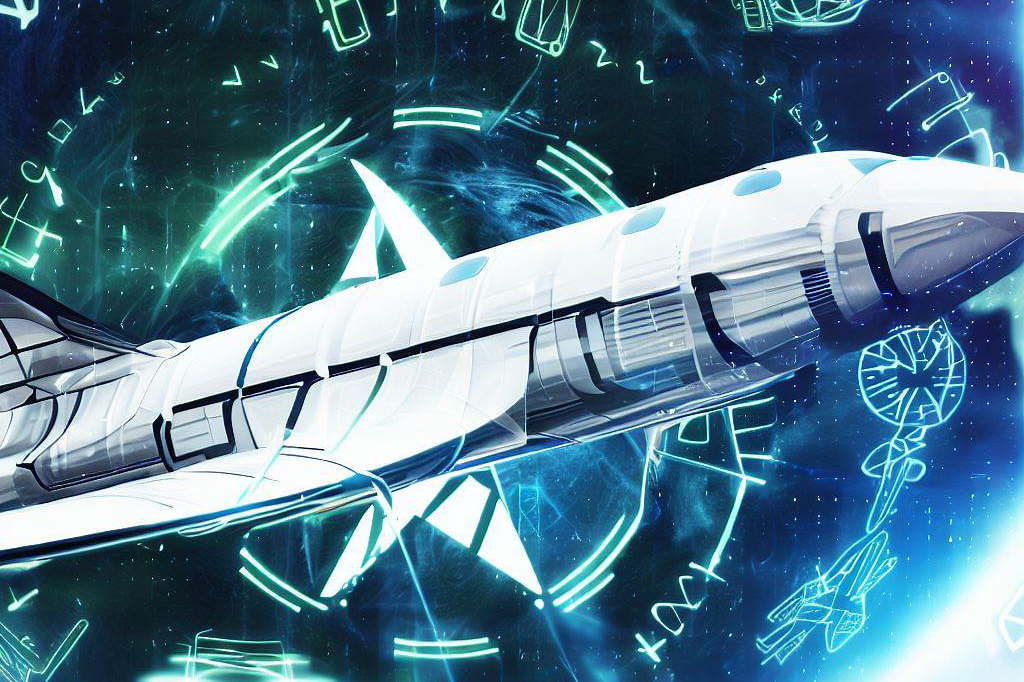
Vision for Sustainability
When it comes to space tourism, Virgin Galactic is one of the leading companies that has set out to prove that sustainability can be a part of the business model.
They have a vision for a cleaner and greener future, in space and on Earth.
In fact, Sir Richard Branson has previously expressed a wish to clarify “how we can use space to benefit the Earth, because the Earth is, in my opinion, extremely beautiful and needs to be protected”
This vision has driven the company’s efforts to reduce its impact on the environment.
Biofuels and Eco-Friendly Practices
One aspect of Virgin Galactic’s commitment to sustainability is their use of biofuels. Their spacecraft, SpaceShipTwo, runs on a blend of synthetic hydrocarbon fuel made from waste carbon dioxide and ethanol.
This fuel produces fewer emissions than traditional rocket fuels, which makes it more environmentally friendly. In addition, they’re also exploring other eco-friendly practices, such as using 100% recyclable materials in their vehicles.
Virgin Galactic has also put measures in place to reduce waste production and water usage. For example, they use reusable containers for food and drinks while onboard their spacecraft, which helps eliminate single-use plastics that contribute to environmental pollution.
The Future Impact
While Virgin Galactic’s efforts might seem small in scale today, it’s important to recognize the potential impact they could have on future space tourism companies. By implementing sustainable practices now, they are setting an example for others in the industry who may follow suit with similar eco-friendly initiatives.
Moreover, as space tourism grows over time, so will its impact on Earth’s environment. It’s crucial that we think about how we can continue promoting sustainable development here on Earth but also extend those same practices into outer-space ventures too.
Virgin Galactic’s focus on sustainability shows us that environmentally-friendly space tourism is not just a dream but a reality. By investing in clean energy and eco-friendly practices, we can create a safe and sustainable future for ourselves both on Earth and beyond.
Final Thoughts
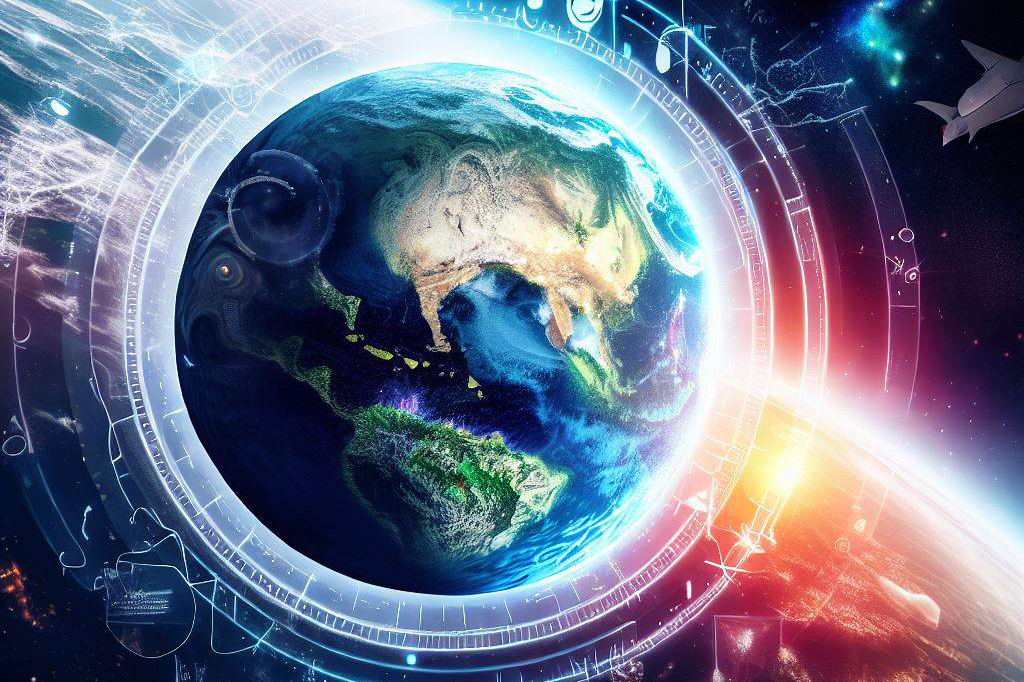
As space tourism continues to grow in popularity, it is essential that we approach it with a mindset of sustainability. We must prioritize environmentally conscious practices in every aspect of this industry – from rocket launches to spacecraft design to tourist activities. By doing so, we can not only minimize negative impacts on our planet but also inspire new innovations and technologies that can benefit Earth’s ecosystems as well as our future voyages beyond our planet.
We should view space tourism not just as a thrilling adventure but as an opportunity to protect our planet while exploring new frontiers. By prioritizing responsible environmental practices in space tourism now, we can ensure a brighter future for both humanity and our planet.

C M, a seasoned editor, journalist, and consultant, is deeply fascinated by the convergence of technology, space, and the future of humanity.
With a particular interest in transhumanity, futurology, and the philosophical and ethical dimensions of these domains, C M serves as the lead contributor to SpaceSpotlight and TranscendSphere.
When not penning insightful articles on these rapidly evolving fields, C M indulges in their love for podcasts and books, proudly embracing their status as a ‘Happy Nerd Extraordinaire!’
